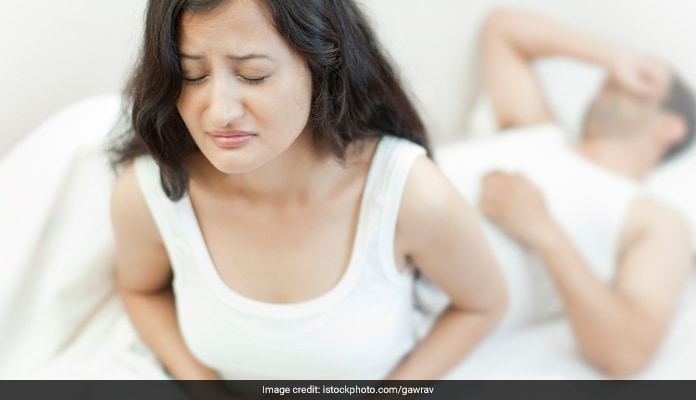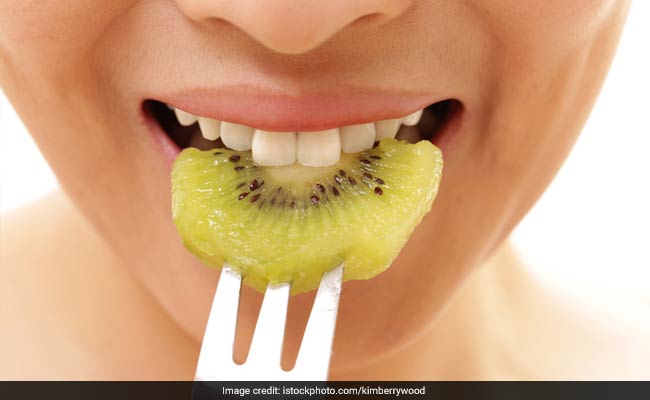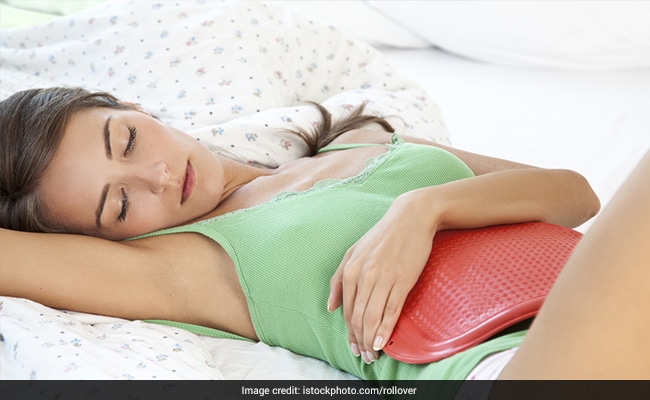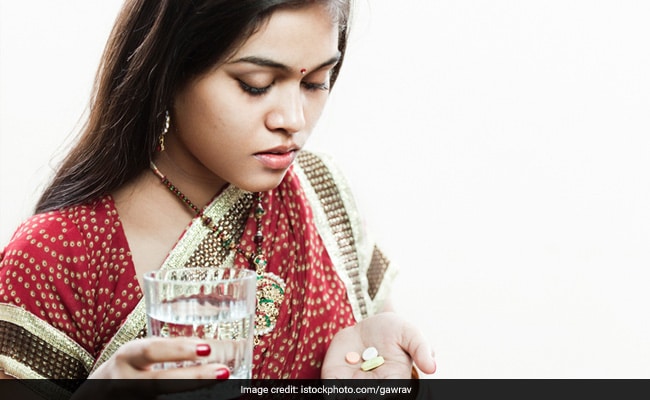PMS is that unfriendly acquaintance that visit a selective few women every month and leave her with utter discomfort. For those victims of PMS, here's a list of minor lifestyle alterations that you can use in order to lower the discomfort.

These lifestyle changes can help you reduce discomfort due to PMS
HIGHLIGHTS
- 85% of women report having at least one PMS symptom each month
- Treatments and lifestyle changes are available to help you cut down pain
- Exercise is a great reliever of PMS symptoms
While not every woman gets premenstrual syndrome-which consists of cramping, bloating, major mood swings, and so much more about 85% of women report having at least one symptom each month. This happens due to an imbalance of estrogen and progesterone levels in your body. But it's not just that, there are many other factors making it worse- stress, insufficient sleep, an unhealthy diet, etc. Fortunately, even though there's no real "cure" for PMS, many treatments and lifestyle changes are available to help you cut down on the discomfort. Read on to find out how!
Also read: 7 Best Tips For A Healthy Period
1. Improving your diet
A salt-heavy diet can cause bloating, caffeine can aggravate irritability or anxiety, alcohol may worsen depression, and too much sugar can destabilize your blood sugar and mood. Try to eat more fruits, vegetables, and whole grains the week before your period. Moreover, you should aim to eat at regular intervals to avoid dips and spikes in blood sugar levels.

Photo Credit: iStock
2. Exercise more
Yes, really! While you might not feel like it at all, exercise is a great reliever of PMS symptoms. And not just physical- emotional symptoms too.
3. Try herbal remedies
There are some herbal remedies that may be effective in relieving PMS symptoms like cramping and mood swings. You might consider using black cohosh, chaste berry, evening primrose oil, ginger, raspberry leaf, dandelion, or natural progesterone creams.
Also read: Postpone Your Periods Naturally With These Home Remedies
4. Focus on reducing stress and improving your sleep
It is important that you get adequate rest and plenty of sleep. Try to get as much sleep as you think you need so that sleep deprivation doesn't increase your symptoms. Then, make a conscious effort to reduce your stress level. You can try deep breathing, massage, meditation, or yoga, which can soothe the mind and body.

Photo Credit: iStock
5. Take some pain relievers
For women who have PMS-related pain such as cramping, breast tenderness, backaches, or headaches, non-steroidal anti-inflammatory pain relievers can provide some relief. These include ibuprofen and naproxen.
6. Try birth control
If you're not already using a form of birth control, you might consider trying low-dose oral contraceptives, which may reduce PMS symptoms, as the medications work to even out hormones over the course of a woman's cycle.
DoctorNDTV is the one stop site for all your health needs providing the most credible health information, health news and tips with expert advice on healthy living, diet plans, informative videos etc. You can get the most relevant and accurate info you need about health problems like diabetes, cancer, pregnancy, HIV and AIDS, weight loss and many other lifestyle diseases. We have a panel of over 350 experts who help us develop content by giving their valuable inputs and bringing to us the latest in the world of healthcare.















